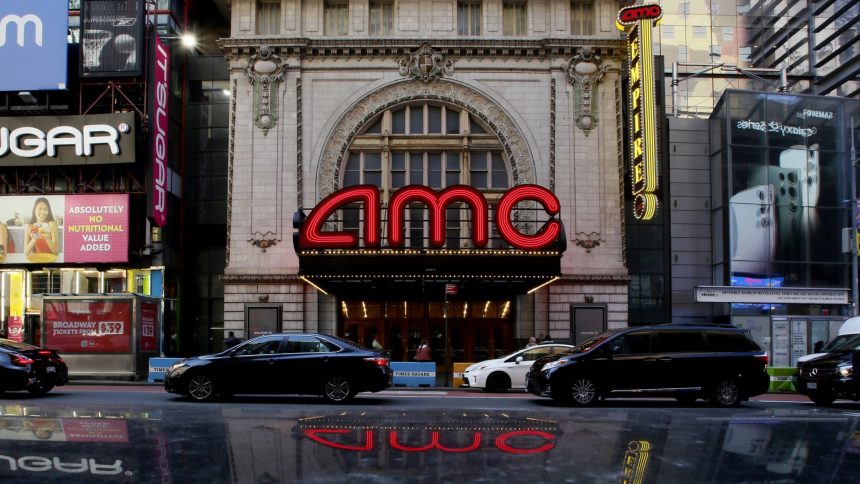Can AMC Entertainment capitalize on a second meme craze?
The stock, alongside GameStop, surged this week after “Roaring Kitty,” the man who inspired the massive short squeeze of 2021, posted online for the first time in nearly three years. The return of Roaring Kitty, whose legal name is Keith Gill, has led AMC shares to more than double since Friday’s close. They rose above $6 in afternoon trading Tuesday.
The last time these retail investors rallied around AMC and its stock surged, the movie theater chain was able to avoid bankruptcy. Now, it has a chance to put a dent in its substantial debt load.
CEO Adam Aron made three major acquisitions “in a relatively short amount of time” after taking over the company in 2015, which included theater chains Carmike, Odeon and Nordic, said Eric Handler, managing director at Roth MKM. AMC spent about $3 billion on the deals collectively.
While the acquisitions bolstered the size AMC’s theater network, they also levered the company’s balance sheet, Handler said.
“So, when the pandemic hit, they sort of got a double whammy because they were already highly levered and then they had to raise more debt to survive and give them more cash,” Handler said.
Read more CNBC GameStop news
Since the beginning of 2022, AMC has paid down nearly $1 billion of its debt, but about $4.6 billion remains.
AMC has around $20 million due in 2024 and $118 million due in 2025, which is “not a hurdle,” according to Wedbush analyst Alicia Reese. But the looming $2.96 billion set for collection in 2026 requires the most attention.
“I think they’ll be able to renegotiate a portion of it, but a lot of it’s probably just going to get extended maturities,” Reese told CNBC.
Lenders have been willing to renegotiate terms, but a bump in share price could allow AMC to secure better deals.
Currently, AMC is paying about $100 million every quarter in interest expenses, which is eating into its potential profits. With the box office still recovering from pandemic- and strike-related production shutdowns, AMC has not been able to absorb its fixed expenses, such as rent, employee payroll and other operational costs, said Eric Wold, senior analyst at B. Riley Securities.
“What to me matters is whether or not, like they did a few years ago, is can you take advantage of this to bolster their balance sheet?” he said.
AMC raised $250 million of new equity capital in a sale that wrapped up Monday, just as the meme stock craze was revived. The cinema chain sold 72.5 million shares in an at-the-market equity offering that started in late March. AMC sold the stock at an average price of $3.45 per share before commissions and fees. The majority of stock was sold prior to the stock price jump.
“The recent surge in the stock presents an additional opportunity to raise equity funds that can support liquidity and debt reduction, eventually moving AMC to a structure that could facilitate institutional support,” James Goss, analyst at Barrington Research, wrote in a note to investors on Tuesday.
Don’t miss these exclusives from CNBC PRO
Read the full article here




